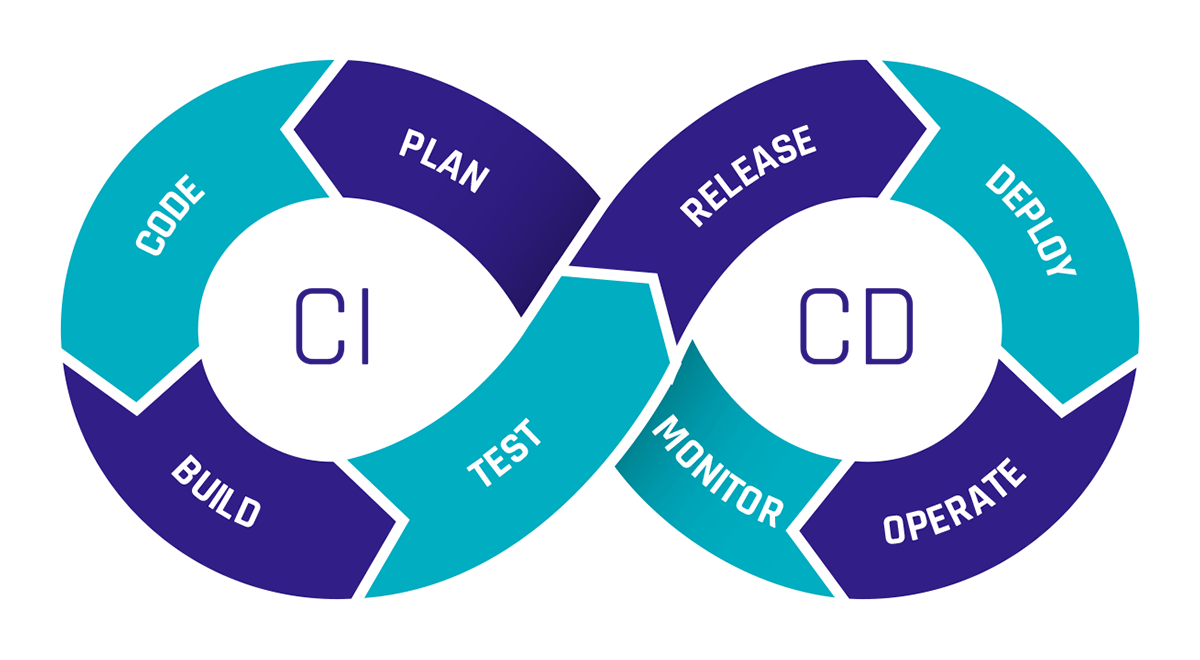Watch the Video
DataOps: Revolutionizing Data Solutions
The modern business landscape is awash with data. From customer interactions to market trends, organizations are constantly collecting and analyzing information to gain insights and make informed decisions. However, managing data effectively can be a significant challenge. Traditional approaches, such as on-premise data solutions, often suffer from limitations like scalability, complexity, and high maintenance costs. Additionally, data quality concerns can lead to inaccurate analytics and insights.
To overcome these challenges, a new methodology called DataOps has emerged. DataOps is a transformative approach that revolutionizes how organizations develop, deploy, and operate their data solutions.
In this article:
Understanding DataOps
At its core, DataOps is about fostering collaboration, embracing agility, and driving continuous improvement throughout the data lifecycle. It combines the principles of DevOps with data management best practices to create a streamlined and efficient data pipeline.
The term DataOps splits into two key components:
- Data Development: Focuses on engineering and evolving the data aspects, or modifying data.
- Data Operations: Deals with operating, supporting, and governing the data aspects.
The Benefits of DataOps
DataOps offers a multitude of benefits that can significantly improve the way organizations manage their data:
- Overcoming Scalability and Flexibility Limitations: DataOps, combined with cloud-based data platforms, enables dynamic resource provisioning on demand. This eliminates the need for regular hardware upgrades and allows organizations to pay only for what they need.
- Improved Collaboration: DataOps methodologies, like continuous delivery, promote collaboration between development, operations, and data teams. This leads to shorter sprint cycles and faster delivery of new features.
- Enhanced Data Quality and Governance: Automated testing, data validation, and continuous monitoring ensure data accuracy, consistency, and compliance. Data lineage tracking and role-based access controls further strengthen data quality and trustworthiness.
The Key Principles of DataOps
DataOps is built upon a set of key principles that guide its implementation:
- Collaboration: Encourages cross-functional collaboration between data engineers, data scientists, and operations teams.
- Automation: Automates repetitive tasks to reduce errors and improve efficiency.
- Continuous Improvement: Promotes a culture of continuous learning and improvement through regular feedback and iteration.
- Data Quality: Emphasizes the importance of data quality throughout the data lifecycle.
- Agility: Enables rapid response to changing business needs and market conditions.
Summary
DataOps is a powerful methodology that enables organizations to overcome the challenges of traditional data management approaches. By embracing collaboration, agility, and continuous improvement, organizations can leverage DataOps to unlock the full potential of their data and gain a competitive edge in the modern business environment.
About the Author

Dominik Kawczynski
Dominik supports the DevOps team with internal DevOps tasks as well as ongoing DevOps consulting projects. Mr. Kawczynski has extensive knowledge with the agile DevOps methodologies supporting business processes. Furthermore, Mr. Kawczynski is an expert in cloud computing with AWS, Azure and GCP. Mr. Kawczynski is characterized by a very structured way of working and additional remarkable communication skills. He holds a Bachelor’s degree in Computer Science.

